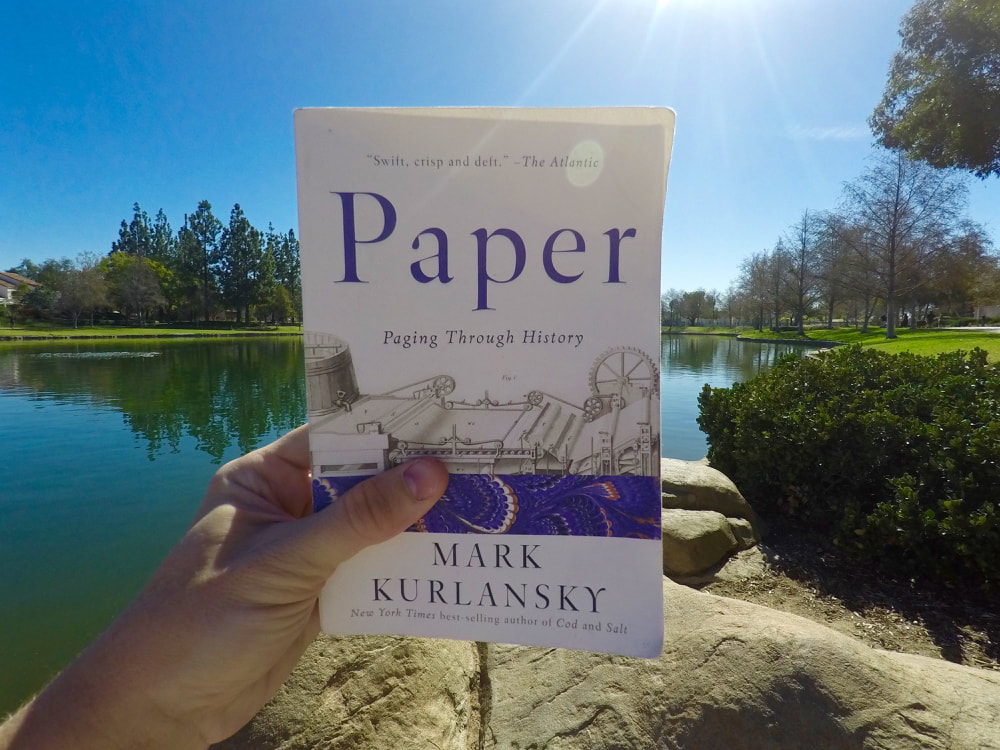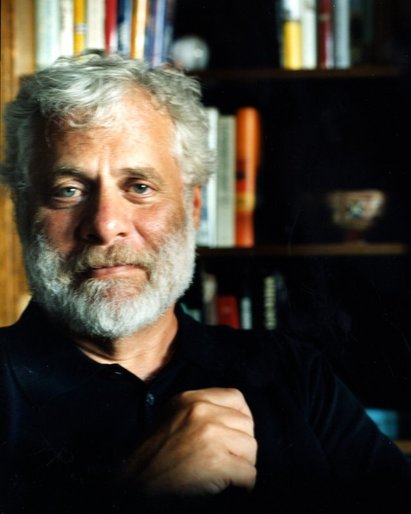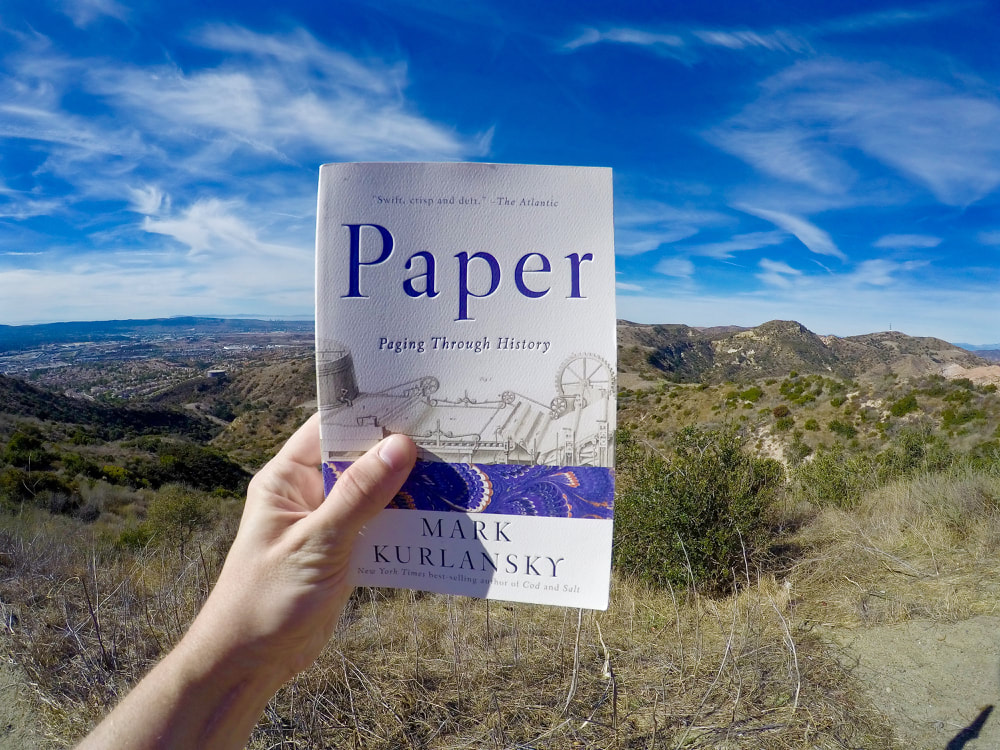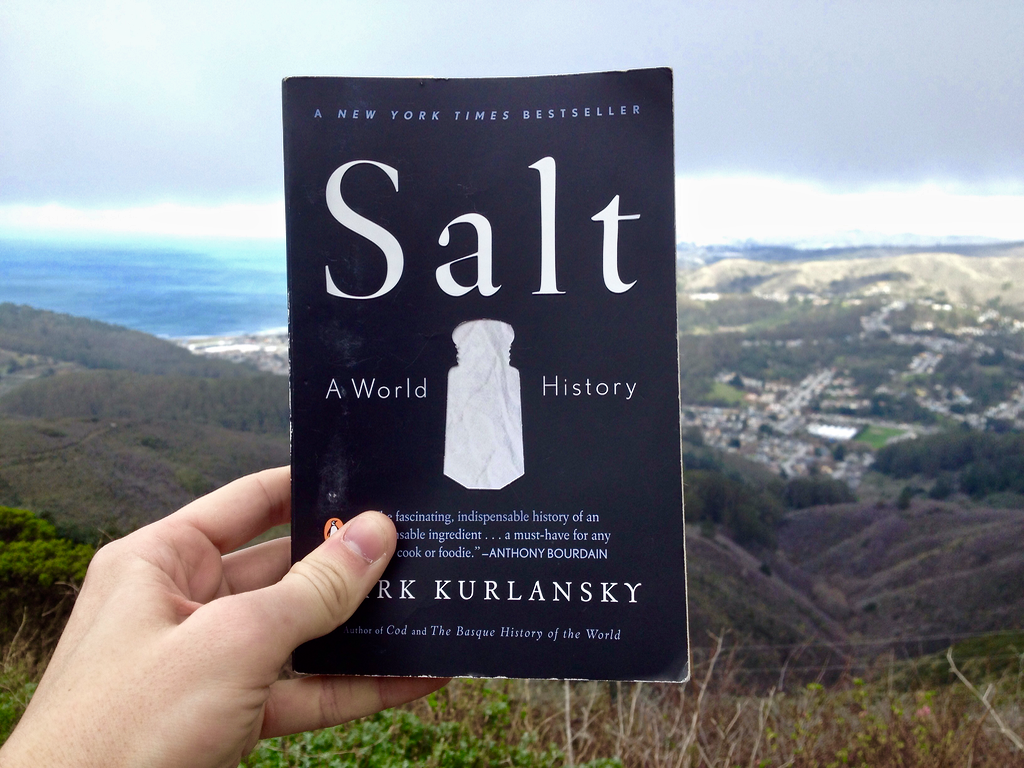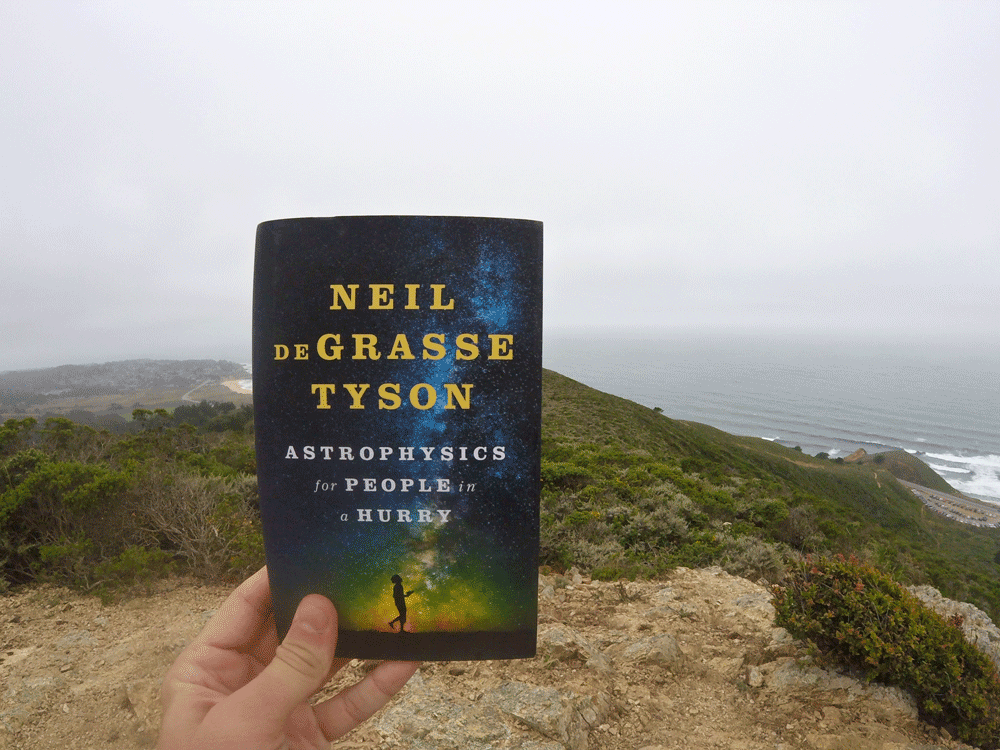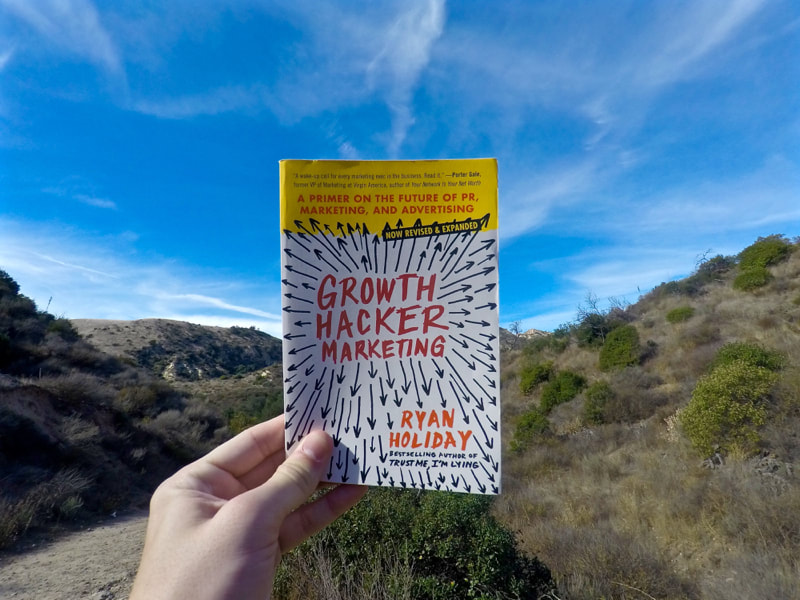| " ...There is one truly unique human trait: people record. They record deeds, their emotions, their thoughts, and their ideas...they have an impulse to record almost everything that enters their minds and to save it for future generations. And it is this urge that led to the invention of paper." — Mark Kurlansky, Paper: Paging Through History |
I love Mark Kurlansky's books. They drill into commonplace, everyday objects--oysters, salt, cod, milk—and fill you with a sense of wonder for the world. Like a wise, soft-spoken grandfather, Kurlansky takes your hand as a reader and shows a fascinating viewpoint of history and modernity—one rich with anecdotes, wit, speculation, and easily-consumable research.
From the 9,000 paper balloon bombs of Imperial Japan floating across the Pacific to Michigan, to the tragic tale of Gutenberg's business failings, to the impact of the world's first novel, Don Quixote, to the Glatfelter(!) Mill in Pennsylvania, which produces over 1,000 tons of paper products every day, Paper was an incredible journey across the pages that wrote yesterday and will write tomorrow.
It's sure to make you look twice at the next piece of paper you come across. [JG]
From the 9,000 paper balloon bombs of Imperial Japan floating across the Pacific to Michigan, to the tragic tale of Gutenberg's business failings, to the impact of the world's first novel, Don Quixote, to the Glatfelter(!) Mill in Pennsylvania, which produces over 1,000 tons of paper products every day, Paper was an incredible journey across the pages that wrote yesterday and will write tomorrow.
It's sure to make you look twice at the next piece of paper you come across. [JG]
| Mark Kurlansky is the New York Times best-selling author of twenty-nine books and a former foreign correspondent for The International Herald Tribune, The Chicago Tribune, The Miami Herald, and The Philadelphia Inquirer. He lives in New York City. |
FAVORITE QUOTES
5. "It is significant that Chinese writing was believed to have come from nature. In Chinese culture, the correlation between writing and nature has endured even into modern times. And curiously the story of Cangjie learning writing from animal tracks parallels a Sumerian story that tells of birds that were scribes and therefore sacred; their tracks resembled cuneiform, but were a type of cuneiform that humans could not read."
4. "The invention of printing is the greatest event in history. It is the mother of all revolution, a renewel of human means of expression from its very roots. Printed thoughts are everlasting, provided with wings, intangible and indestructible. They soar like a crowd of birds, spread in all four directions and are everywhere at the same time." — Victor Hugo, The Hunchback of Notre Dame
3. "Of course, not everyone loved printing. As with every other new technology, there were those who were disdainful—some who thought it was barbarism, some who thought it was the end of civilization, and some who thought is was a threat to their jobs...Books had been rare, and their power had been well appreciated. So these newfangled printers with their strange ability to produce books for sale by the hundreds were regarded in some quarters with great suspicions. Was there a dangerous political agenda? Were they in league with the devil? When Johann Fust, Gutenberg's ex-partner, went to Paris with cases full of books to sell, he had to flee, accused of being sent by the devil."
2. "This man will never do anything, for he begins by thinking about the end before the beginning of his work." — Pope Leo X on Leonardo da Vinci
1. "The people in its highest ideal, is difficult to find in the people." — Historian Jules Michelet
4. "The invention of printing is the greatest event in history. It is the mother of all revolution, a renewel of human means of expression from its very roots. Printed thoughts are everlasting, provided with wings, intangible and indestructible. They soar like a crowd of birds, spread in all four directions and are everywhere at the same time." — Victor Hugo, The Hunchback of Notre Dame
3. "Of course, not everyone loved printing. As with every other new technology, there were those who were disdainful—some who thought it was barbarism, some who thought it was the end of civilization, and some who thought is was a threat to their jobs...Books had been rare, and their power had been well appreciated. So these newfangled printers with their strange ability to produce books for sale by the hundreds were regarded in some quarters with great suspicions. Was there a dangerous political agenda? Were they in league with the devil? When Johann Fust, Gutenberg's ex-partner, went to Paris with cases full of books to sell, he had to flee, accused of being sent by the devil."
2. "This man will never do anything, for he begins by thinking about the end before the beginning of his work." — Pope Leo X on Leonardo da Vinci
1. "The people in its highest ideal, is difficult to find in the people." — Historian Jules Michelet
| "Every day, 150 tractor-trailers loaded with both hard- and softwood logs arrive at the Glatfelter mill [in Pennsylvania]. Each log is gobbled up and churned into a pile of chips in seconds. These chips then become pulp for the 1,000 tons of different kinds of paper that the mill produces daily." — Mark Kurlansky, Paper: Paging Through History |
YOU MAY ALSO LIKE

